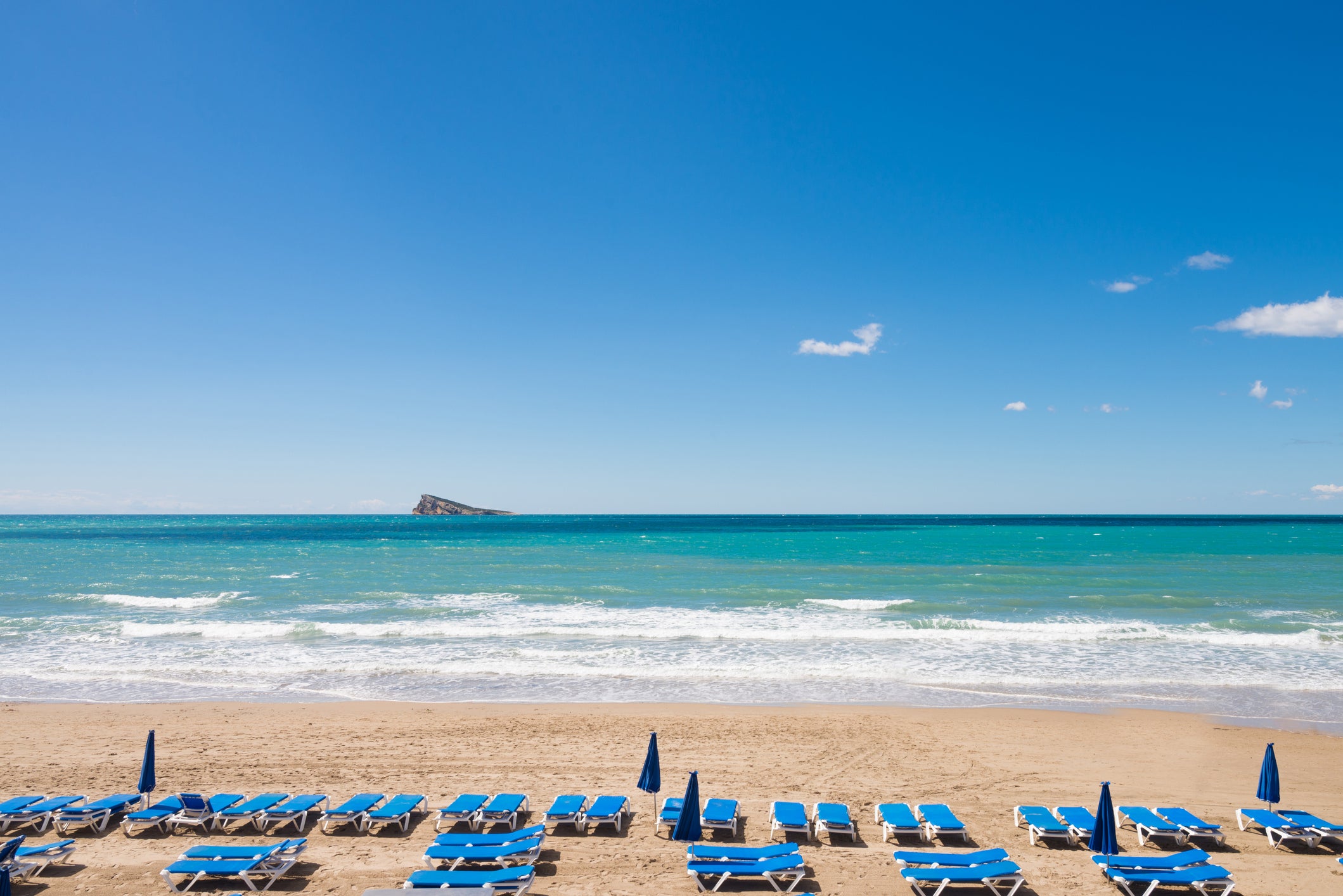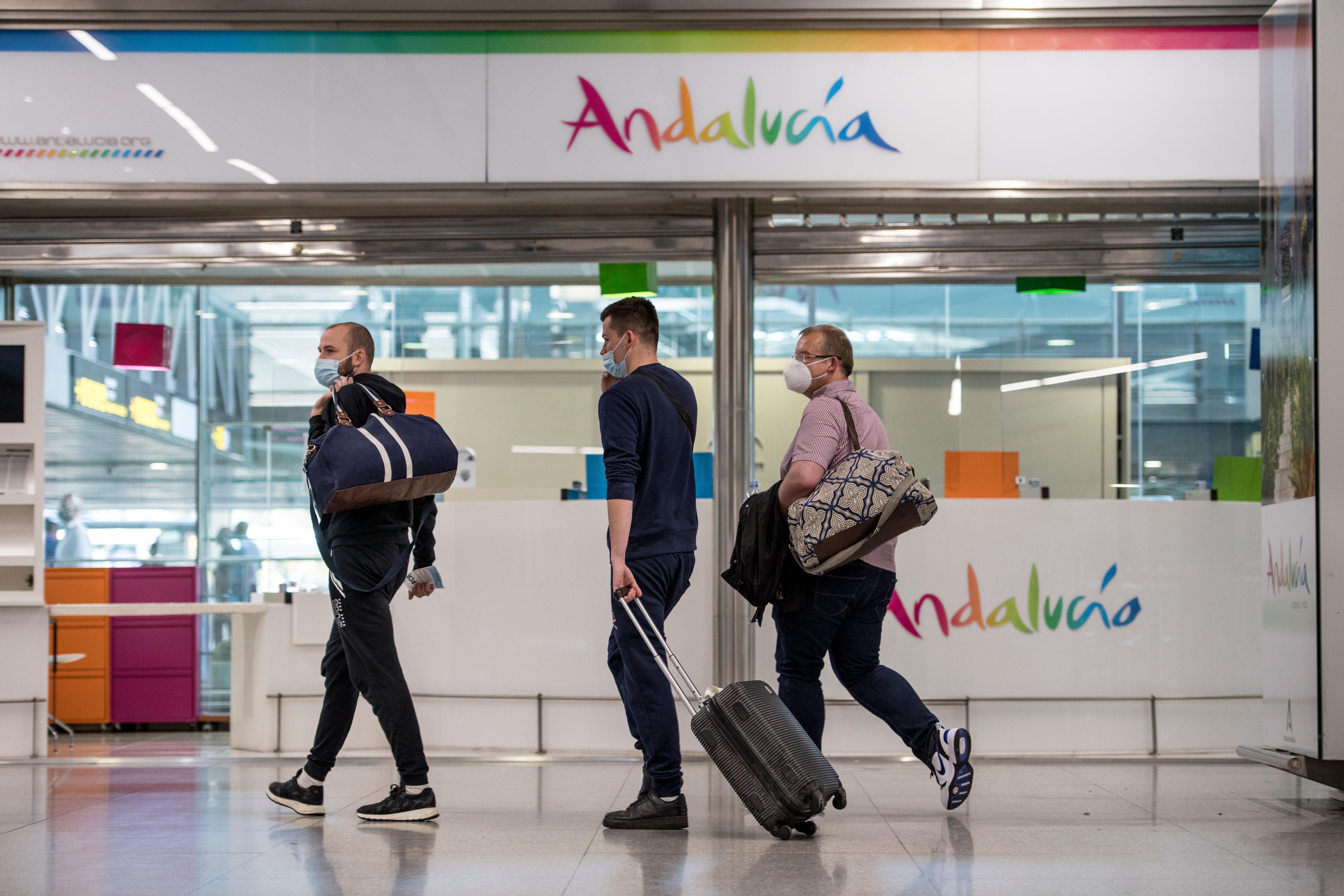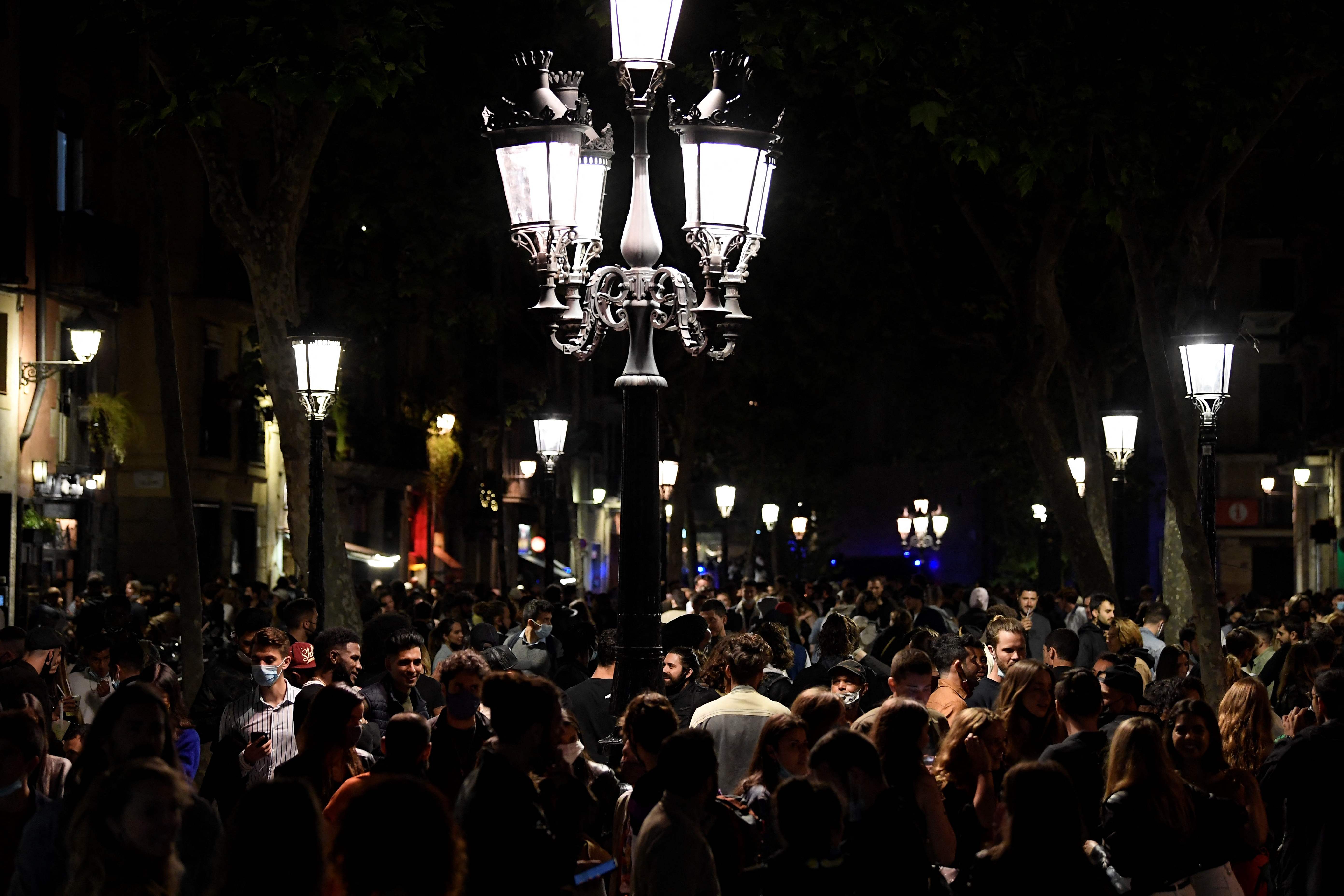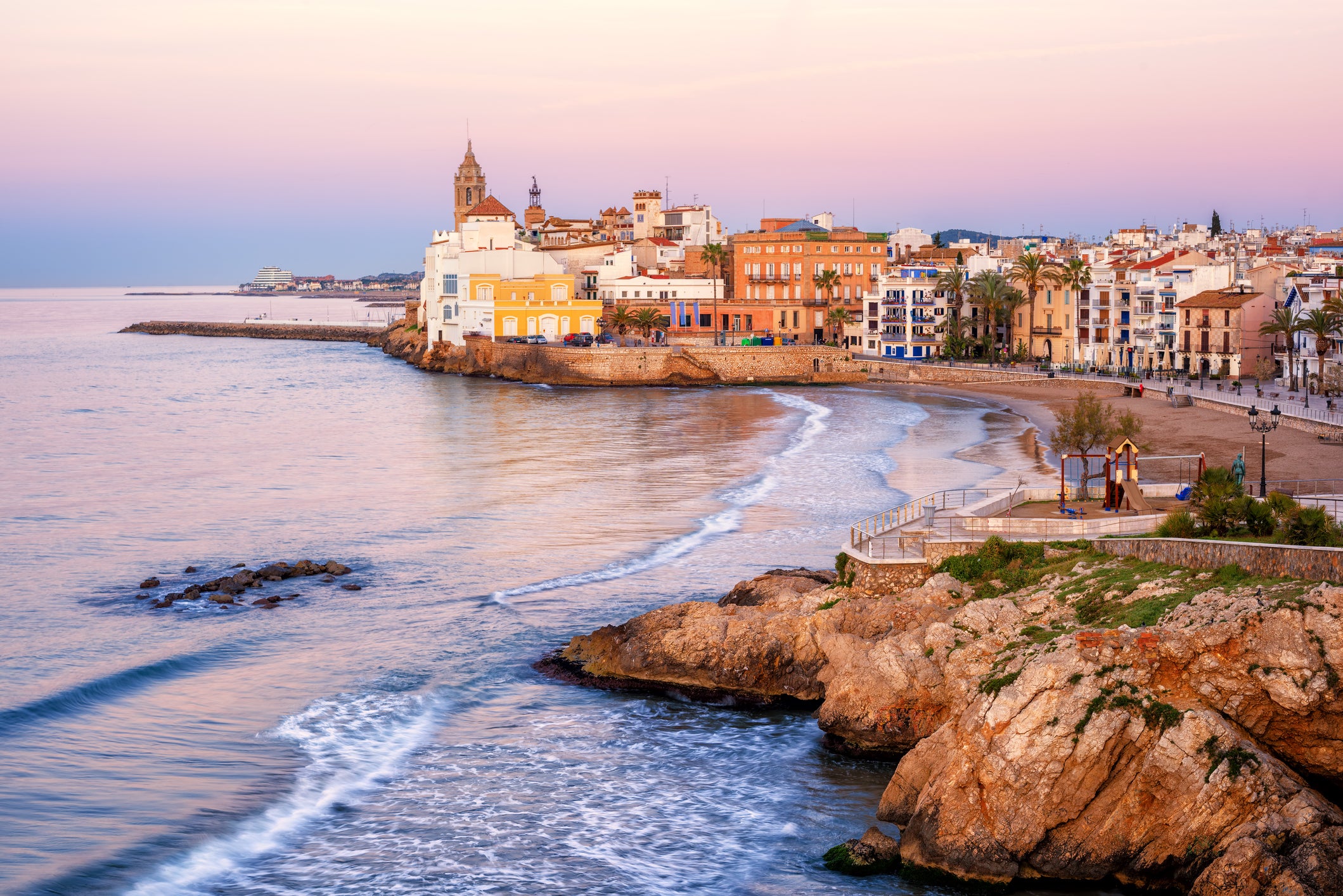What does a holiday to Spain look like now?
From today, British tourists can travel to Spain without restriction. But are the Spanish happy to see them? Graham Keeley reports


Any British tourists who arrived blinking into the Spanish sun today could expect to be welcomed home like Prodigal Sons by camera crews and photographers at airports.
The news that the Brits could come back has dominated the media as tourism-dependent Spain hopes that at last this hard-hit industry might save something of this season.
Spain is a very different country from the last time British holidaymakers arrived last summer.
Masks and social distancing are still compulsory across the country but many restrictions have been relaxed since Spain ended its six-month state of emergency in May.
Crucial to this change has been the steady fall of Covid-19 cases over the past three months and the speed of the vaccine roll-out. The 14-day coronavirus contagion rate dropped to 135 cases per 100,000 people according to health ministry data from Friday, compared to 523 in mid-January.

Spain's vaccine roll-out is accelerating after a slow start caused by problems with vaccine supplies and administrative problems.
Now more than one in three Spaniards have had the first dose of the vaccine and the Spanish government expects that 70 per cent of the 47 million population will be inoculated by 18 August.
On the beaches, sunbathers or swimmers do not have to bother with face protection but anyone walking around or mixing with groups which are not close family or friends must wear masks.
Police will be patrolling in many regions like Majorca and the Costa del Sol to make sure holidaymakers comply with regulations.
As regional governments manage the fight against Covid-19, some have done away with restrictions but others have retained some measures.
In Catalonia, whose capital is Barcelona, meetings are now allowed for up to 10 people instead of six and the curfew has ended.
Bars and restaurants are now open until 11pm, but police in the city have been deployed over the weekends to clear large crowds from the city centre and the beach. About 3,000 people, who were involved in outdoor drinking sessions known as botellones, were moved on by police over the weekend.

Restaurateurs and hoteliers remained optimistic that Britons would slowly return despite the current UK regulations which mean they must go into self-isolation for 10 days on returning to Britain.
“We are looking forward to welcoming the British back. They are always pleasant to have as guests and form a major part of our clientele,” Kate Preston, a British businesswoman who runs five restaurants in Barcelona, said. “Already, we have seen quite a large number of French tourists and some from other countries. There is quite a party atmosphere. They are enjoying eating out on the terraces and being let off the leash.”
In the Balearic Islands, a curfew still exists from midnight until 6am but restrictions have been relaxed so restaurants' capacity on terraces is now 100 per cent and inside is 50 per cent. Clubs are still closed.
“We hope that from 7 June, the British government changes its classification of Spain from amber to green so it will be easier for Britons to travel to islands,” Maria José Aguilo, of the Federation of Balearic Hoteliers, said.
Some Britons who are trying to come out to Spain are facing a series of regulations.
Lee Burkitt, 50, a retired businessman, hopes to drive from Manchester through France to the home he rents with his partner in Sitges near Barcelona this week. The couple plan to stay eight weeks. “I have to get a pet passport, also a PCR test for myself and my partner as we have to pass through France and they require it. It is a lot of paperwork to line up,” he told The Independent.

In the Canary Islands, where tourism accounts for about 30 per cent of the region's gross domestic product, airlines were waiting until June until they ran a full schedule of flights, tourist authorities reported.
A source at the Canary Islands Tourism department said: “We are still classed as an amber destination at the moment by the British government so right now we are expecting retired people to arrive now or people who own properties in the islands.
“Anyone arriving here must wear masks in public and observe social distancing and any restrictions imposed by the hotels. However, restrictions have been significantly relaxed. There is no curfew and restaurants and bars can remain open until midnight. Clubs are still closed.”
Hopes are high in the Spanish tourism industry that they can recover from the devastating effects of the pandemic.
In 2019, some 18 million British tourists came to Spain. The number of nights booked by tourists in Spanish hotels rose to 4.05 million in April compared from zero the year before, according to figures from the Spanish National Institute for Statistics. However, the bookings were still 85 per cent below figures for April 2019.
“We hope that we can recover about 60 to 70 per cent of the season of 2019 then it will save many companies,” said Jose Luis Zoreda, vice-president of Exceltur, a major tourism body.
“We are in a situation of such uncertainty.”
Join our commenting forum
Join thought-provoking conversations, follow other Independent readers and see their replies
Comments
Bookmark popover
Removed from bookmarks